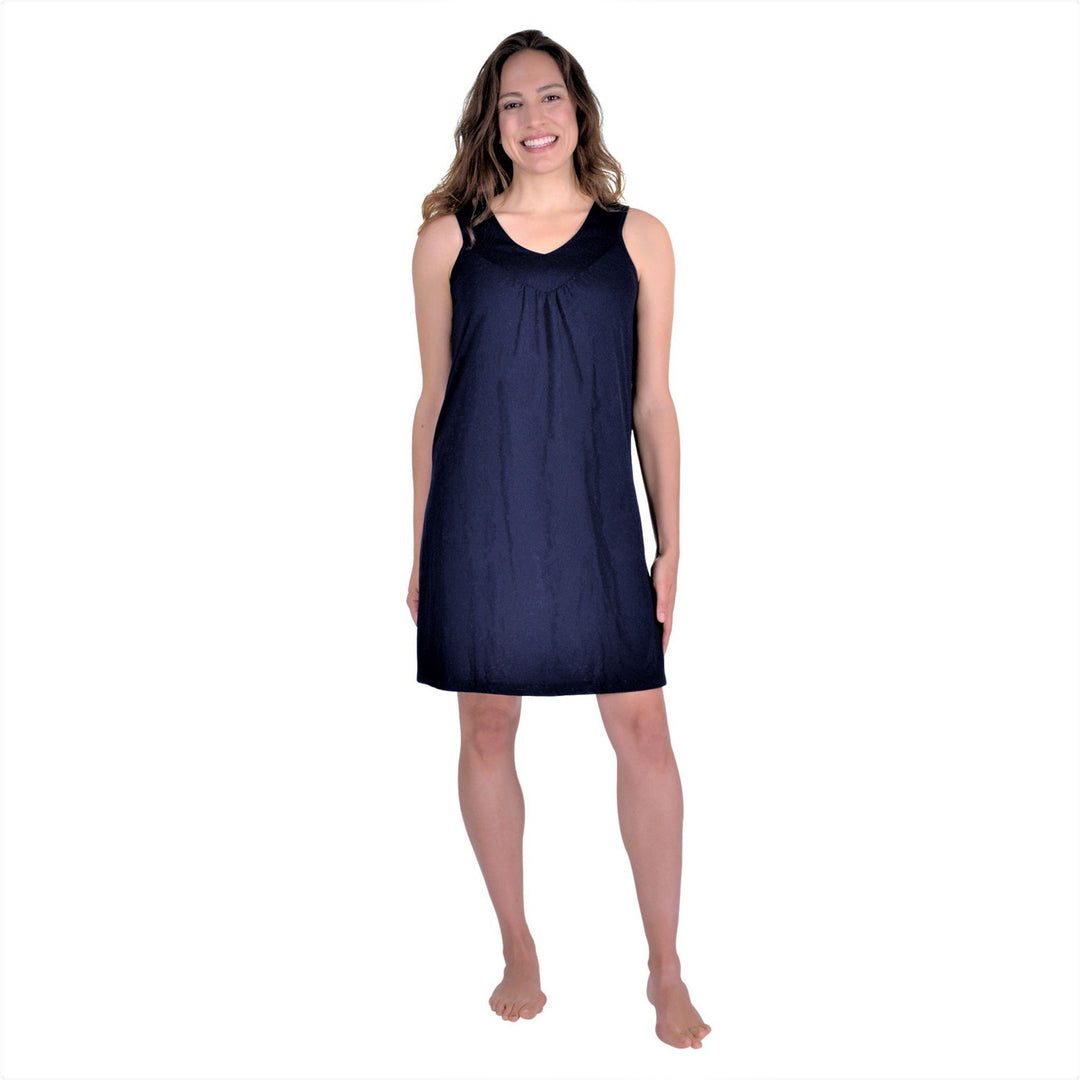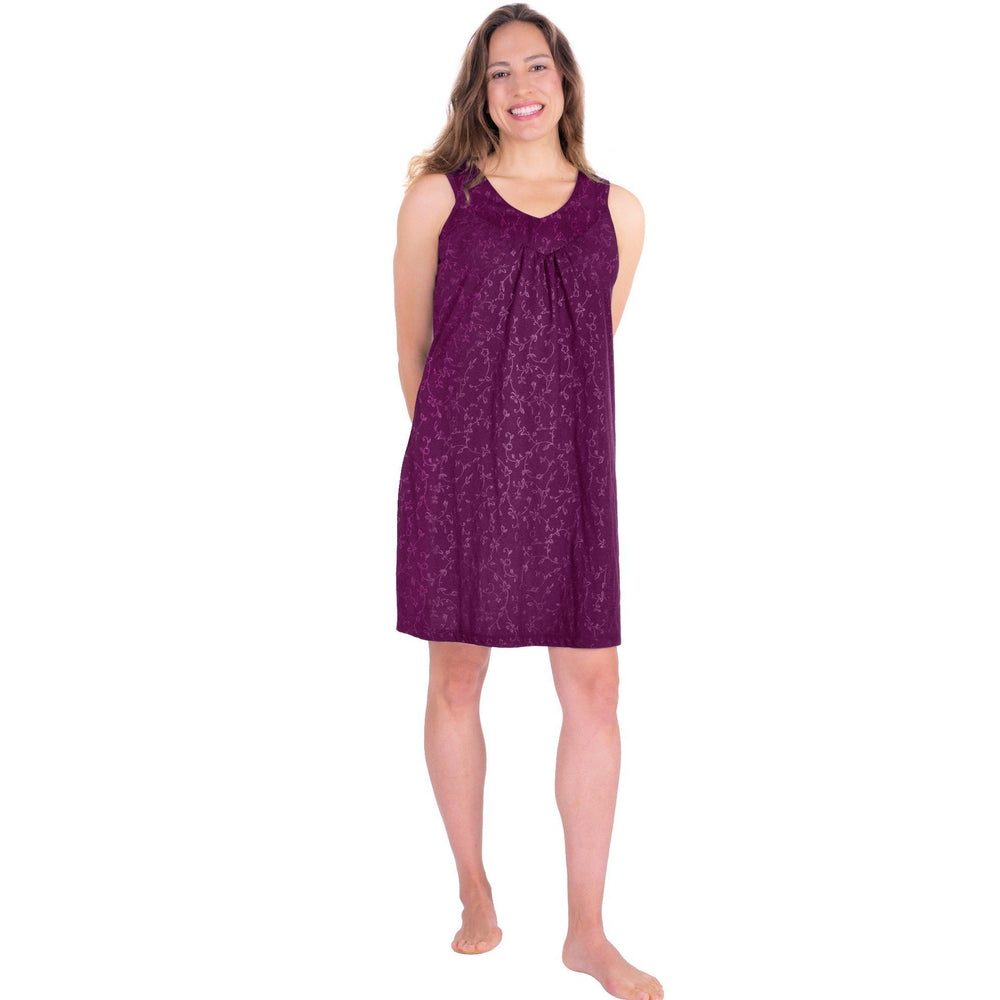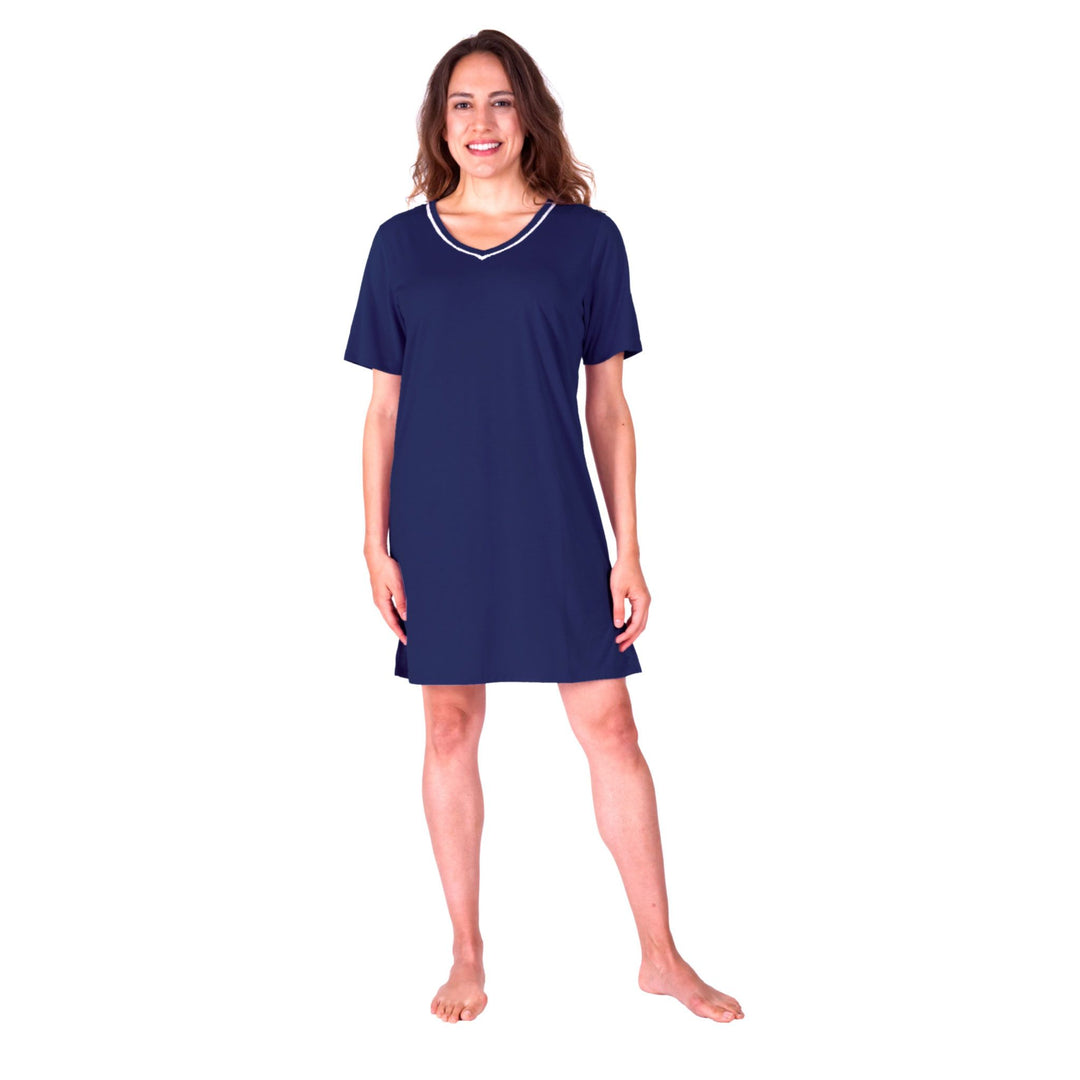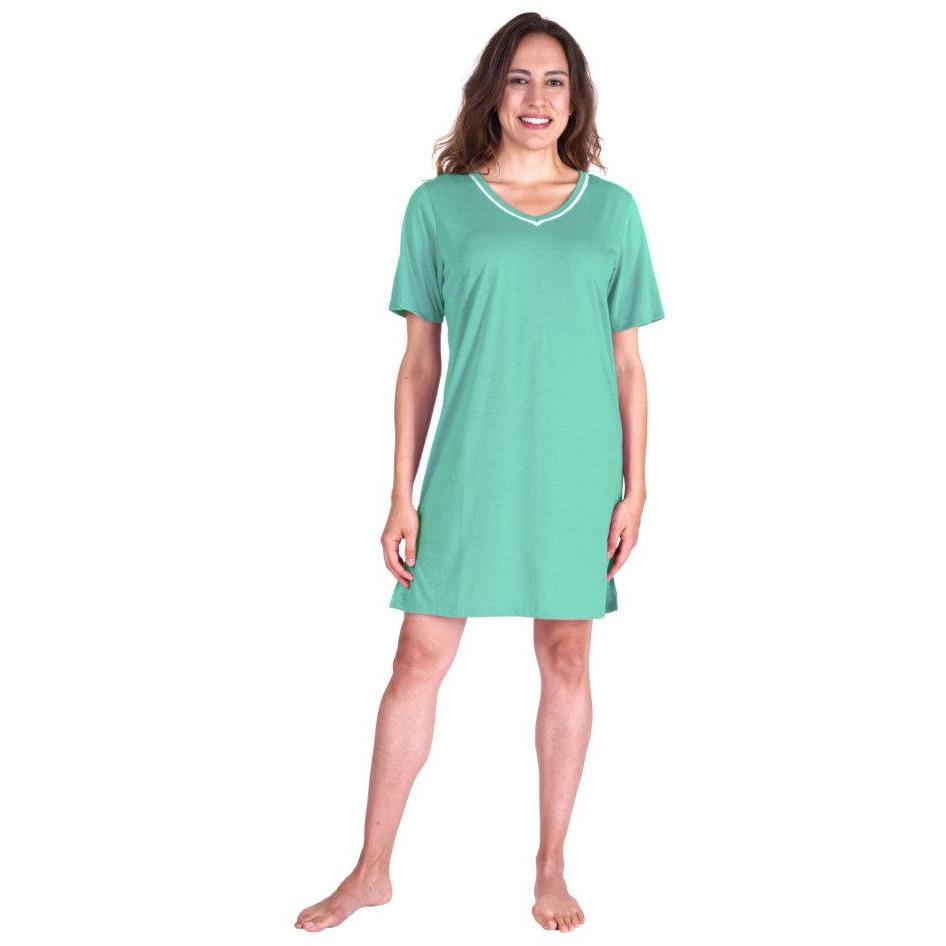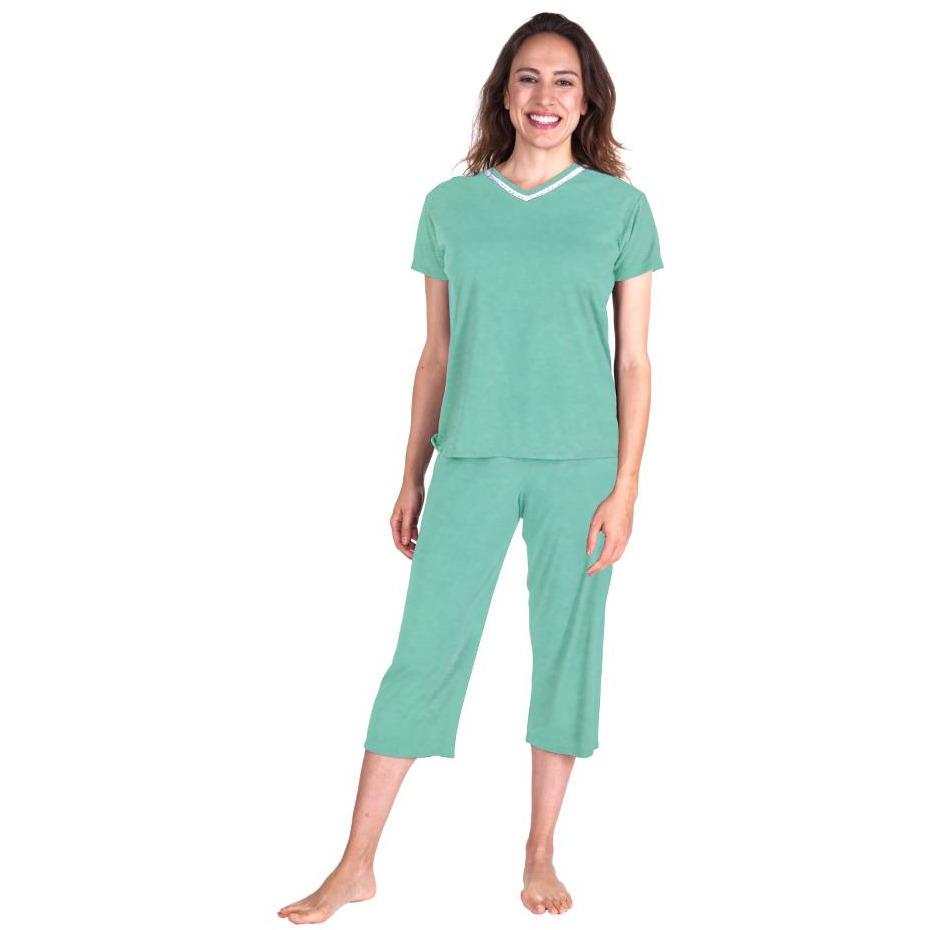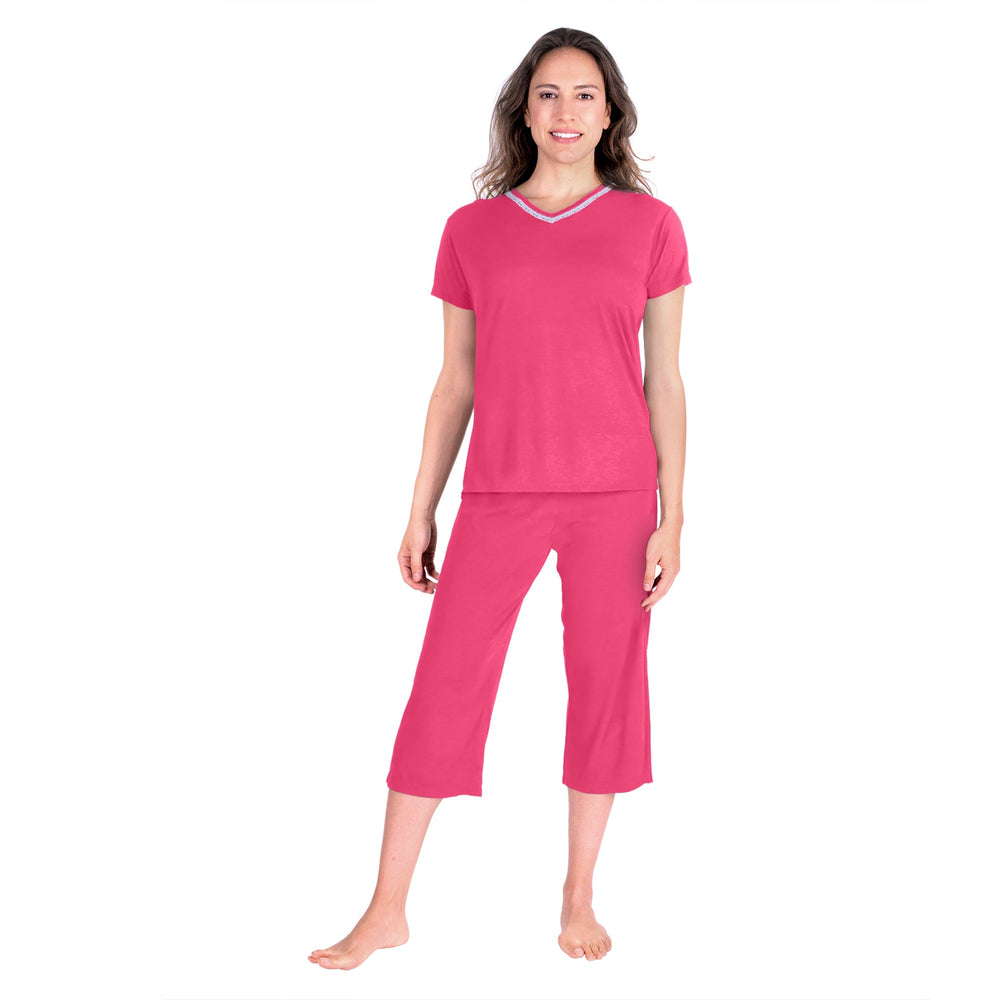Why Menopausal Woman Can't Sleep
 Are you approaching the stage in your life when menopause is starting to set in? You may be prepared to deal with things like hot flashes and mood swings, but menopause also affects things that you might not expect, including your quality of sleep. For most women, this is a temporary adjustment that starts to even out after that initial menopausal change, but it's still something that can cause quite a disturbance in your life.
Are you approaching the stage in your life when menopause is starting to set in? You may be prepared to deal with things like hot flashes and mood swings, but menopause also affects things that you might not expect, including your quality of sleep. For most women, this is a temporary adjustment that starts to even out after that initial menopausal change, but it's still something that can cause quite a disturbance in your life.
Why Does Menopause Impair Sleep?
Although menopause doesn't occur until later in life, you may start to see the first signs of it in your late 30s and early 40s — namely, insomnia. Many women start to complain to their doctors around this time that they have a hard time falling asleep or wake up frequently throughout the night. This is because perimenopause and eventually, menopause cause your ovaries to stop producing as much estrogen and progesterone, which are hormones that produce sleep. Even though you may not be fully in menopause at this time, you'll start to notice that it is approaching if you suddenly have trouble sleeping when you never did before.
Another reason for menopause insomnia is because of hot flashes. This is likely a symptom that you've already heard of, as it is the most well-known side effect of menopause. The sudden, unexpected surge of adrenaline not only makes your brain feel like it's working a mile a minute, it also causes you to feel overheated and even sweaty, which can be very disruptive to sleep.
How to Treat Menopausal Insomnia or Hot Flashes
If you're suffering from menopause insomnia, you're likely also wondering how to treat it. Unfortunately, there is no steadfast cure for this type of sleep deprivation, but there are a few things that you can do to make yourself more comfortable while you're struggling to find sleep.
If you're having trouble sleeping because of hot flashes, lowering the temperature and taking precautions against night sweats are both great ways to make yourself more comfortable. Doctors recommend sleeping in a room that is two to three degrees cooler than the temperature you keep it at during the daytime, as humans tend to overheat during the night.
To combat night sweats, invest in a pair of moisture-wicking pajamas that wick moisture away from the skin and keep you temperature regulated and dry all night long. These pajamas are also made of a fabric that prevent the bacteria that causes odor, so you'll stay fresh and free of sweat.
You can also switch your bedding to temperature-regulating sheets or cooling bed covers to help with temperature regulation. These innovative bedding options help to regulate temperature by absorbing heat away from the skin and releasing it back once your temperature evens out.
Some people find success with eliminating spicy foods from their diets before bedtime or overall. These types of foods make hot flashes worse and can cause you to lie awake at night sweating, tossing and turning. You may also want to avoid alcohol or caffeine before bedtime, and quit smoking if you can. All of these lifestyle choices are shown to make hot flashes and night sweats worse, and even if making these changes doesn't completely cure your menopause insomnia, cutting them out will certainly make you more comfortable.
Other Symptoms of Menopause that Impair Sleep
Even more serious, menopause can also cause extreme stress or even depression in many women. These changes can be very disruptive to both your waking life and your quality of sleep. If you feel like stress and depressed thoughts are keeping you awake at night, it's always a good idea to talk to your doctor.


